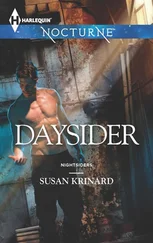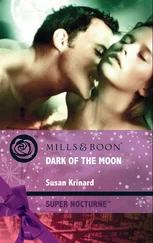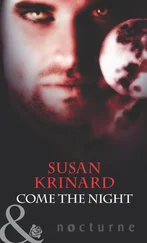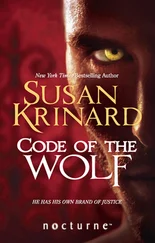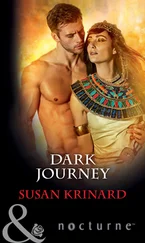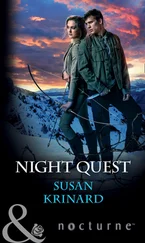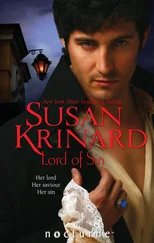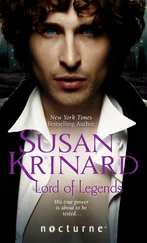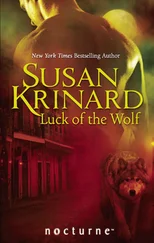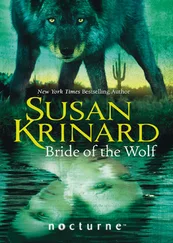1 ...7 8 9 11 12 13 ...23 Humankind had but one advantage over the Fane: their blood was strong and hearty while that of the Fair Folk grew thin and weak. Few pure Fane matings produced children, but the spawn of Fane and human were extremely fertile. For as long as Béfind could remember, it had been the duty of each and every Fane to seek a mate among the humans and return to Tir-na-Nog with a halfling child whose own offspring would buy the Fane another few centuries of existence.
Béfind had done her duty. She had forced her body to endure months of ugly thickening, sacrificing her beauty to the thing growing in her belly. Idath had been beside her on the day she delivered the half-human brat. High Lord Idath, who had been her lover for a hundred years and more, had informed her with seeming regret that her babe had died upon its birth.
How the gossips had enjoyed telling her, all these years later, that Idath had lied.
Béfind hissed between her teeth and watched Fane men and women ride ivory steeds in a hunt for the stags of the golden forest. The hunters’ arrows would bring no suffering to the beasts when they died, only a swift and gentle sleep. Pain was banished from Tir-na-Nog. Regret had no place here. But there was still room for vengeance.
Béfind lifted her hands and called, summoning the hobs and sprites and lesser Fane who served her in her splendid isolation.
“No matter how long it takes,” she told them, “you will find her. Find the girl and report to me.”
The hobs and sprites knew better than to utter cries of dismay at the task she had set them. They scattered and vanished, flying swiftly for one of the last remaining Gates that connected Tir-na-Nog and earth.
Béfind turned away from the window with a smile and idly changed the color of her gown from glossy amber to flaming scarlet. Tonight she would summon young Connla to her bed and see how well he pleased her. Tomorrow she would choose another. Let Idath enjoy his victory now; he would soon see who played the cleverest game.
Sooner or later, the girl would be hers.
THE ROLLING HILLS and peaceful fields of Yorkshire should have filled Donal’s heart with welcome relief after his sojourn in London. Perched on the seat of old Benjamin’s farm wagon, he could see the outbuildings of Stenwater Farm as the road curved into the dale. Flocks of sheep grazed on the fells, and the beck tumbled cheerfully between limestone outcroppings thick with wildflowers.
One would never believe, looking at such a peaceful scene, that a mad place like London could exist, or that a belching, roaring locomotive had carried Donal and his new charges all the way from the world’s greatest metropolis to the equally ancient but far less pretentious city of York.
And yet, for all the sense of unreality that had accompanied Donal on the journey home, he could not deny that his life had already undergone a profound alteration.
He had almost been able to forget how much had changed while he and a cleanly-washed, cleanly-dressed Ivy shared the small, private world of the railway car. During the long hours rattling through the countryside of the Midlands, he and the girl had come to a kind of understanding, and Ivy had expressed regret for the mistrust that had led her to flee the hotel and resume her previous occupation as a purse snatcher.
Donal wasn’t sure if the fact that she was caught in her thievery contributed to her remorse, but she seemed sincere enough in her desire for a new start. Her three mongrels—christened Billy, Jack and Daisy—had infected her with their enthusiasm, and Sir Reginald honored her by falling asleep in her lap. She spent every moment of daylight with her nose pressed to the window, devouring the sight of fresh grass and hedgerows and spring-green trees as if she were on her way to heaven itself.
Donal’s thoughts had taken other directions. Again and again he drifted into dreams of the wilderness, lost in the memories of beasts born in lands that called to him more urgently with every passing day. And only one human being invaded those dreams: the gray-eyed Athena named Cordelia Hardcastle.
It was a strangely appropriate designation for her. She was no delicate beauty; her gaze was direct, her speech without coy flattery or empty pleasantries. “Hard” was too strong a word for her determined manner, and yet she was not unlike the castle in her name: sturdy, uncompromising and completely impregnable.
A man of her type and class … like Viscount Inglesham, perhaps … might be tempted to breech her defenses and scale her walls. Even Donal had not been immune to her obvious intelligence and compassion for those weaker and less privileged than herself. And if he were honest, he would be compelled to admit that something deep inside him had responded to the undeniable, lush femininity she held in check beneath those layers of corsets and petticoats—no more or less instinctively than the way a stallion responds to a mare.
But, encroach on his dreams though she might, Miss Hardcastle belonged to a world in which he had no part.
Donal tried to push such speculation aside as the wagon rolled up the last rise to Stenwater Farm. He had plenty of business to attend to when they reached the farm; there were animals to be visited, accounts to peruse and neighbors to consult regarding Ivy’s future. The girl sat with the dogs in the bed of the wagon, her blue eyes wide with excitement, still ignorant of his plans for her. He didn’t look forward to explaining how she would be much better off with a good farming family, who had children close to her age and could provide a growing child with a conscientious upbringing.
And I may soon be gone , he thought, gazing up at the cloud-dappled sky. Taking leave of his animals would be difficult enough without the additional burden of a child. There were a few humans he might trust with the dogs, cats, sheep, cattle, horses and pigs—men who would not consign his friends to the cook-pot—and Benjamin would gladly remain at Stenwater as caretaker for as long as he was needed.
And what of Tod? The little hob had been his closest companion for a quarter of a century, a constant playfellow and wise advisor throughout Donal’s awkward childhood and youth. But Tod was bound to England as surely as if he wore shackles of iron on his swift brown feet. He was a part of the woods and fields and streams of this island, and there was no telling if he could survive being separated from it. Even though Tod would always find a welcome at Hartsmere with his former master, the parting would be painful for man and hob alike.
The wagon rolled to a halt. Ivy was out before Benjamin could set the break. Daisy, Jack and Billy scrambled out of the wagon, quivering with joy at the myriad scents and sounds, while Sir Reginald patiently waited for someone to help him down.
Donal scooped the spaniel up in his arms and gently set him on the ground just as a half-dozen farm dogs barreled around the corner of the byre. Sir Reginald dived under the wagon, but the street curs held their ground, legs and tails stiff. Soon enough they had determined the vital matters of status and rank, and the entire pack dashed off together.
Ivy twisted a handful of her skirts between her hands and bit her lip. “It’s so big,” she said. “I ain’t never seen so much …”
“Space?” Donal offered, briefly resting his hand on Ivy’s shoulder. “You’ll become used to it in time. The air is clean here. You’ll have fresh-baked bread, eggs from our chickens, potatoes and carrots right out of the good earth. You can run as far as you like without fear.”
She sniffled, pressing her knuckles to her nose. “But wot will Oi do?”
If it were up to him, she would be free to do whatever she liked … help Benjamin with the chores, wander the moors, spend days reading the books in his library. But of course she probably couldn’t read at all, and would have to be taught by whichever family agreed to take her in.
Читать дальше


